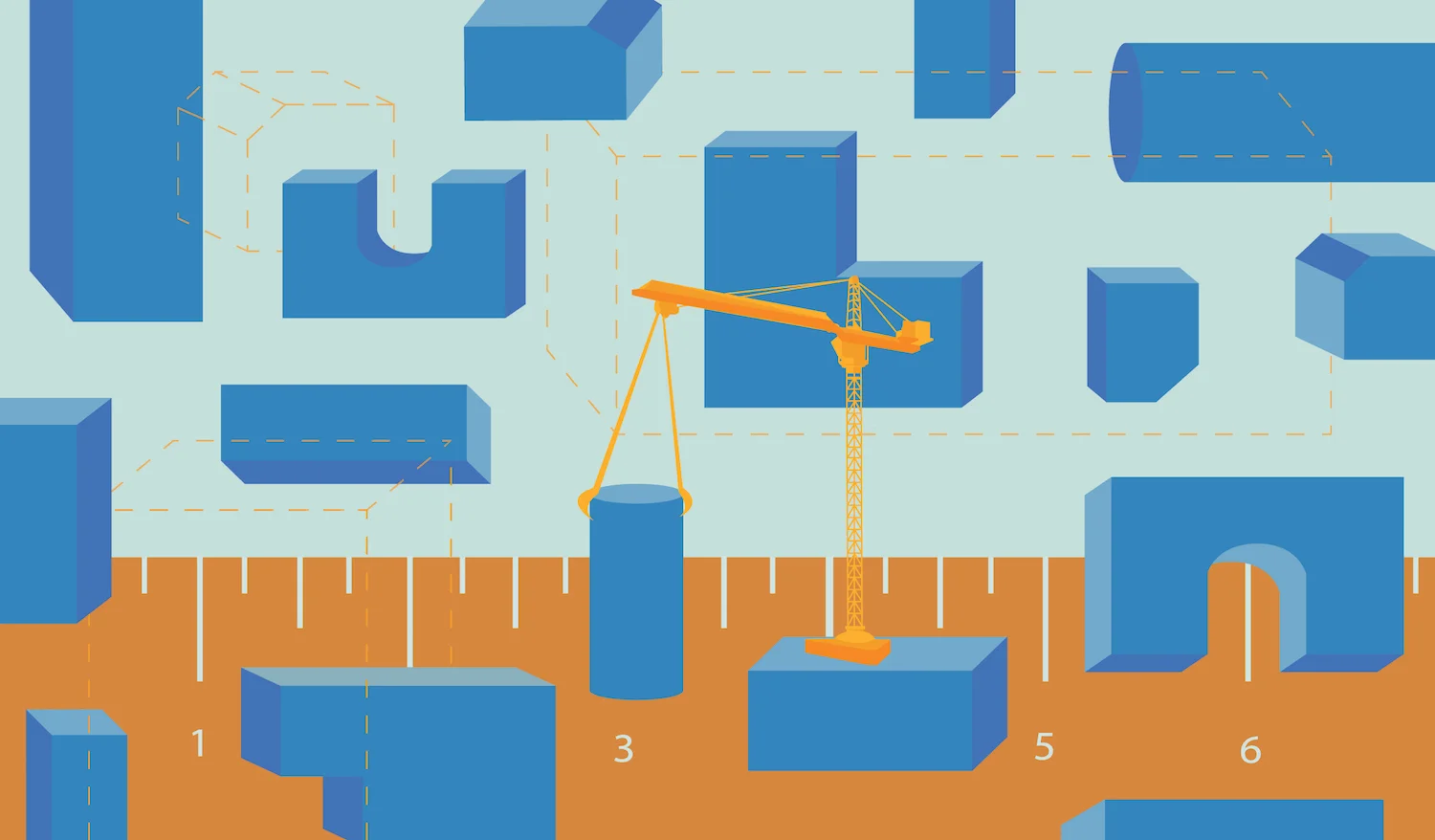YOUR FIRM IS DEFINED BY THE SERVICES YOU DON'T OFFER
What makes a great restaurant? The things that are not on the menu. The world’s most mediocre restaurants famously have virtually everything on their menus, making them average at everything and excellent at nothing. Similarly, you could argue that a great museum is defined by the things that are not on the walls.
What’s true of restaurants and museums is also true of professional services firms. The advertising agency that created the famous and remarkably effective “Ultimate Driving Machine” strategy for BMW, Ammirati & Puris, used to say “You can measure our agency by the clients we don’t have.” Because this iconic firm cared more about greatness than bigness, they attracted a portfolio of blue-chip brands.
Those who knew and worked with Steve Jobs heard him talk a lot about “The things we don’t do” as one of the keys to Apple’s greatness. When Jobs came back to save Apple, his first order of business was to reduce the product line from over 350 to just three core products.
Narrow companies can have large markets
Chicago-based 37 Signals, the company that originally created the popular Basecamp project management software, came to the conclusion that although they had managed to create several other popular software products over the past 15 years (such as High Rise and Campfire) they decided to focus exclusively on their flagship product – Basecamp. They have even changed the name of the company to Basecamp.
All of this lines up perfectly with the philosophies of co-founders Jason Fried and David Heinemeier, who preach that “Companies need to be true to a type of customer more than a specific individual customer with changing needs.” In other words, Basecamp expects not to be right for everyone, and figures that current customers may eventually outgrow them. They’re OK with that, because they would rather be exactly right for a particular type of customer than try to appeal to every type of customer.
Nothing demonstrates the correlation between excellence, profits, and focus better than the famous “Mittelstand” in the German-speaking countries of Germany, Austria, and Switzerland. The Mittelstand refers to small and medium size enterprises that have a laser-like focus that allows them to do one thing so well they are literally the best in the world at it. So while they may have a narrow product line, they have a very large market, selling their best-in-class products globally.
The power of just saying no
Michael Porter describes strategy as “Deciding what not to do.” In professional services, this translates to deciding which services not to offer. It means deciding which categories you won’t represent and which prospects you won’t chase.
No firm is too far down the diversification path to mend its ways. Engage your team in a “complexity reduction” thought experiment in which you ask two questions:
If we offered only one type of service, what would it be?
If we served only one type of client, what would it be?
The goal of this exercise isn’t necessarily to identify a single type of client or service. Rather it’s to help you think through what you’re really good at and most passionate about. The answer isn’t as obvious as it seems.
Most executives take great pride in showing off a long list of services and clients. Somehow they feel it is an indicator of their experience and competence. But most prospective clients have the opposite reaction. Just like the restaurant that insists on putting everything on their menu, the professional services firm that stands for everything ends up looking like they stand for nothing.




